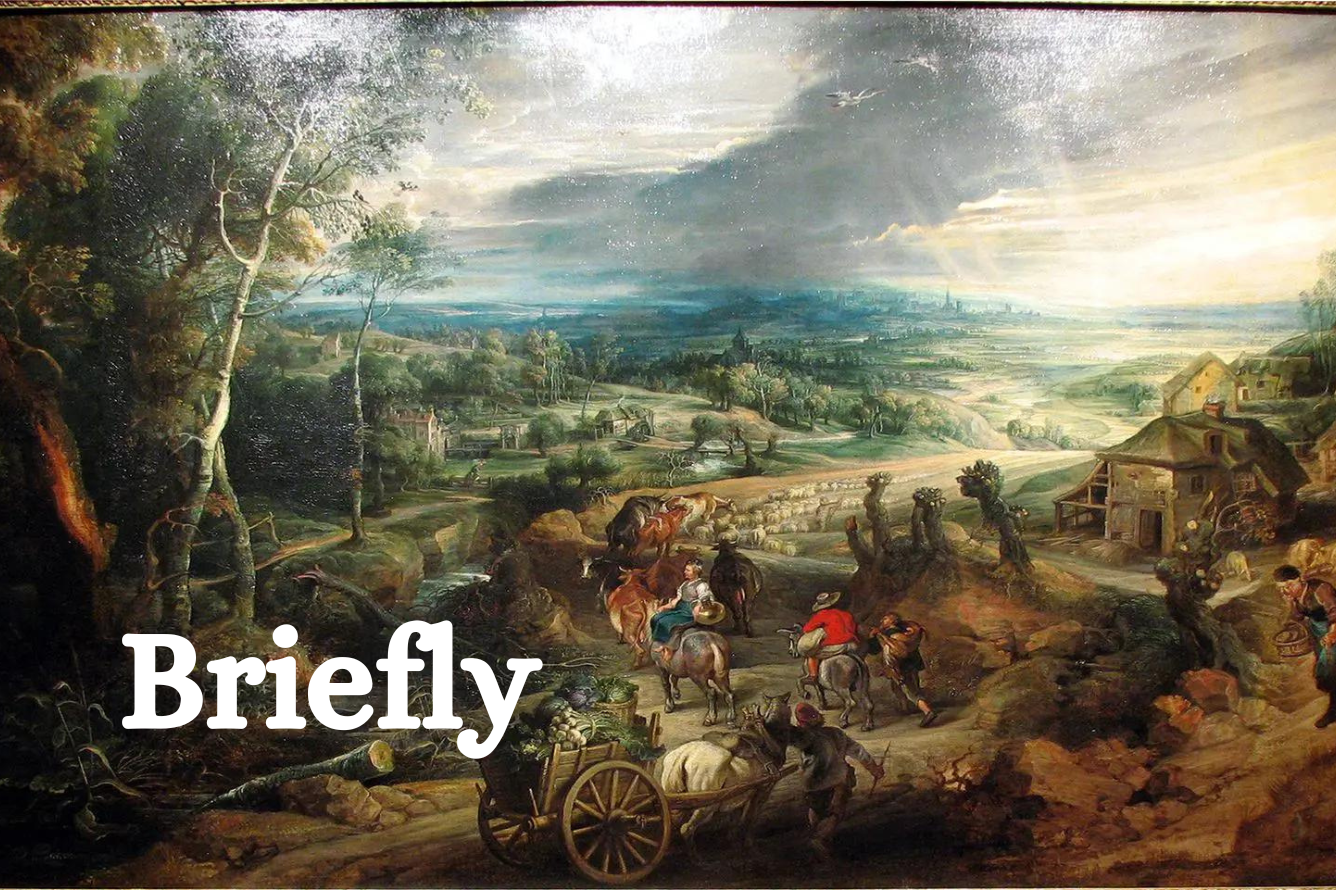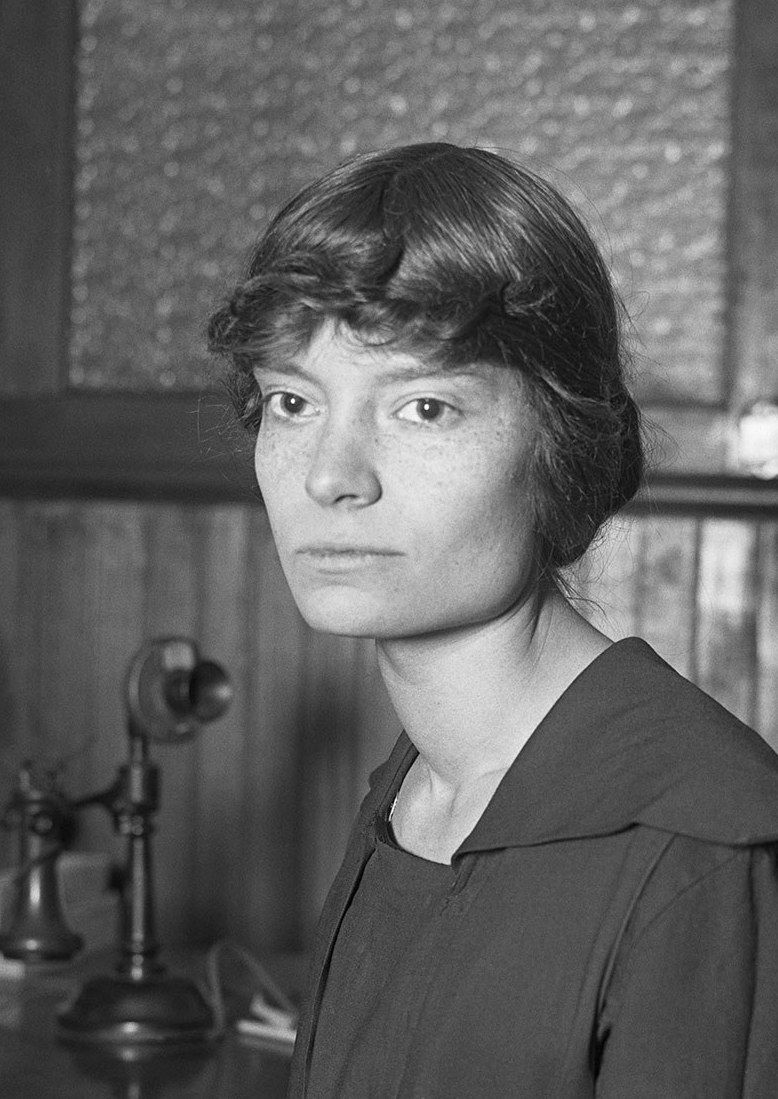The Month that Perished
Because There's Always More to be Said


Distributism recoils at libertarianism. If I hear one more distributist declare Tom Woods a heretic because he doesn't think the State should kneecap every business with more than one employee, I'll go Rothbard on him.
A Catholic needs to accept the truth about distributism as much as he needs to accept the truth about global warming.
Sure, distributism has a much longer history (the distributist triumvirate: Rerum, Quadragesimo, Centesimus), but economics is still not a matter of faith and morals, unless you're packing so many considerations into "morals" that even double parking or providing cheap toilet paper to the poor becomes a matter of mortal sin.
I say that, even though I consider myself viscerally distributist, kinda like I'm viscerally a drunk. I'd be drunk all the time if I could be drunk all the time. Whatta glorious existence that would be, just like the Shire was a gloriously distributist land.
They're both states of existence with the left hemisphere muzzled and leashed like the panting, straining bitch it is.
"When you drank [or lived in the Shire] the world was still out there, but for the moment it didn't have you by the throat [because your left hemisphere was muzzled and not running the show]." Charles Bukowski
And what makes me sure that distributism is right-hemispheric?
Because Chesterton was a distributist. He's the sanest guy ever and sanity reigns wherever the right hemisphere sits as the master.
Chesterton was also something of a drunk. It's not a coincidence.

Every sane person should hate experts.
"I owe my success to having listened respectfully to the very best advice, and then going away and doing the exact opposite." GKC
Marshall McLuhan said expertise is like a bright flashlight aimed at one's eyes.
You want to know how bad experts are? They make a self-righteous sodomite like Pete Buttigieg look like a sage. He said America's roads are racist and, in his twisted way, he's correct.
The experts constructed the federal highways purposefully to destroy black and Puerto Rican neighborhoods.
But not just them. Also Maltese, Italians, Poles: anywhere similar people wanted to be similar, the urban experts took aim and the federal government pulled the trigger.
Why shouldn't similar people want to be around similar people? Because such groups are insular and self-reliant . . . and therefore non-conformist and not reliant on government. Evil twin dispositions that foil centralized hegemony.
Whenever you hear an expert propose something that is prima facie absurd ("Similar people shouldn't be allowed to live among themselves"), you're listening to Satan.

Most online creators can't write worth a damn.
The world is filled with online creators: the millions who all think they'll be the next Hunter Thompson, if only given the chance.
Thing is, no writer is given much of a chance. A few are born into wealthy and established families, which affords them the luxury and connections to catapult into the literary world, but the other 99%?
It's all sweat: sweat in time, sweat in effort, sweat in uncertainty. The only part that isn't sweat: the occasional nugget of luck that keeps them afloat for a few months until the next commission check arrives.
Hunter Thompson was an established writer when he moved to Aspen, Colorado. He'd published Hell's Angels: A Strange and Terrible Saga, which was well-received. But he could only afford to rent a place from a wealthy man who appreciated his work and gave him a favorable rate.
It wasn't until he cranked out a massive pile of crap (his view of it), The Kentucky Derby is Decadent and Depraved, that the money started flowing and he could take a break.
I think the online creators who can't write are looking for a break like that: "Heck, Thompson wrote a pile of crap and launched a whole new genre: gonzo journalism. Maybe that could be me."
No. Thompson first did the sweat in time, effort, and uncertainty: for a decade, sacrificing not only his sanity but his family's. He got lucky after the sweat.
And the guy could flat-out write. He was an artist who anguished over every word he wrote.
Interesting Aside
"Gonzo journalism" is a branch of the "New Journalism" that Tom Wolfe pioneered. Like Gonzo, the New came by accident. Wolfe was facing a deadline for a large piece and he didn't know what to do, so he just started typing: for hours and hours. The errand boys came to his apartment and took the pages to the editor, who sent them back to get more. The editors published the piles with little editing: "There Goes (Varoom! Varoom!) That Kandy-Kolored Tangerine-Flake Streamline Baby." Readers loved it.

There is no such thing as an anarcho-communist. Well, there is, but his figment makes as much as sense as that guy urinating in the women's room.
But that's how people characterize Dorothy Day. An "anarchist" and a "communist."
I don't blame them. She traveled with communists but professed anarchism, albeit of the Catholic sort. She was confusing, especially in modernity, where everything must be characterized and labeled so our left hemispheres can put things into essential categories and thereby control them.
Day didn't do that. She was probably roiled in her left hemisphere during her young life (she concluded that an abortion was a logical choice), but once grace flooded open her right hemisphere, reality didn't look as straightforward as Lenin preached.

So Jody Bottum left NYC and went back to South Dakota.
Literature in South Dakota?
I suspect the best, maybe only, literary reference to "South Dakota" comes from Salinger's Franny and Zooey. Franny asks Zooey where he's calling from and he exacerbates, "Pierre, South Dakota," what's it matter?
The implication, of course, is Pierre = BFE.
But that's where Bottum is: back home in BFE.
And apparently creating great stuff.
It's arguable that one's place helps one create his best work. It stimulates the right hemisphere, which finds the new and changing in the old and same.
Grant Wood defended his devotion to Iowa along such lines. Wendell Berry defends Kentucky. I'm guessing Faulkner defended Oxford, Mississippi and Percy defended New Orleans for similar reasons. William Kauffman defends non-NYC New York.
Of course, many great writers disagree with them. The parade of writers who have gone to New York to succeed is endless.
But then again, so is the parade of whores.



